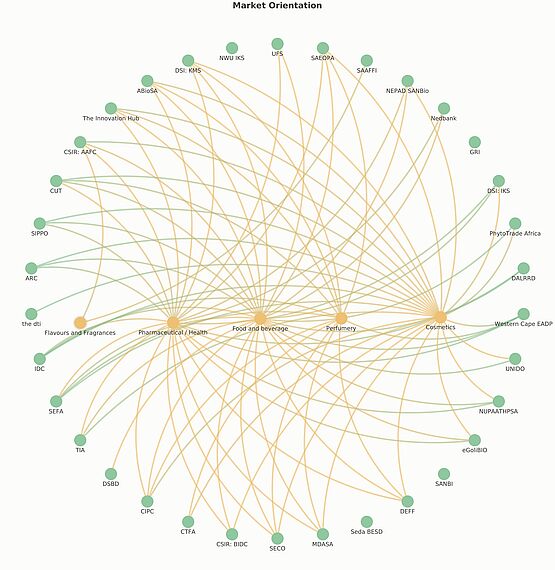Meso Resilience
Our firms interest in the meso space and its role in economic development is not new. This research theme is about our continued efforts to develop new instruments and concepts that are helpful to identify, improve and strengthen the organisations and programmes in the meso space.
Meso organisations are established to promote economic development and improve competitiveness of a region by responding to a variety of permanent and temporary market, structural and performance failures at the micro level. While they are the result of targeted meso policies, their success also depends on other policy measures to be effective. While meso organisations can perhaps make it easier for firms to identify ways to upgrade their technology or knowledge, there is a whole range of other interconnected features of the overall economic system that determine the investment climate and thus the framework conditions for upgrade efforts at the level of firms.
For the 2020 Annual Reflection, we wrote an article highlighting the four areas that we believe must receive attention to improve the resilience of the meso space. This article draws on several commissions that we received since 2017 to work with our clients to improve the visibility, responsiveness and relevance of the organisations in the meso level. This research is ongoing.
We are currently organising our praxis around these four themes:
1 - Strengthening the system awareness and dynamics
2 - Deepening of the capabilities in the system to respond to change
3 - Improving the design of programmes and functions to enable innovation
4 - Catalyse future orientation
For more information about these four areas, take a look at our most recent article and the related case study. In the coming months we will work on short publications focused on each of these four areas.
In the period 2015 to 2019 we worked with several clients and collaborators to develop an Meso Organisational Development instrument. For the time being, we have put this development on hold, and have integrated our learning into areas 1,2 and 3 of the four areas outlined above. The Meso OD instrument that we developed can still be downloaded here. Read Article 4 in our Annual Reflection 2017 research output for more detail on the four dimentions covered by the framework.
If you are interested to follow this theme, or to contribute towards the development of any of the instruments and concepts, then please get in touch with us.
We are also searching for institutions or programmes that can host an experiment, where your team will do the research under our guidance.

Contact us
If you would like to engage us on this research area, email Dr Shawn Cunningham or Frank Wältring.
Annual Reflections dedicated to this research
The Mesopartner Annual Reflection 2017 we deliberate on the significance and relevance of the meso level and meso policy options as a vehicle and lever for stimulating economic activities and strengthening enterprises at the micro level. We particularly focus our considerations on the role and importance of meso organisations from both a theoretical and a practical, work-related perspective.
The Mesopartner Annual Reflection 2018 the reader will find discussions on the roles and relevance of meso organisations in the context of specific concepts, tools and insights from the research and practical experience of Mesopartner. We are using the opportunity to introduce some of our favourite tools and reflect on how far meso organisations are an integral part of them.











